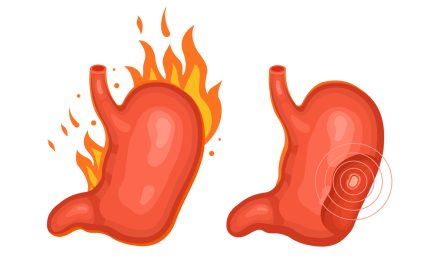Over time, poor sleep can affect your overall wellbeing in extremely negative ways
At first it may not seem like a big deal. A few nights of insomnia or uninterrupted sleep… but if this pattern continues, it’s time to take action.
Quick Read:
- Even if you exercise regularly and eat lots of nutritious foods, you still need to sleep well to be healthy, overall.
- Poor sleep can affect everything from your memory to how often you get sick.
The quality of your sleep is important
Everyone, from children to older adults, need restful, good-quality sleep. The quality of your sleep is vital in your daily life. It impacts how well you function each day, and in the long run, takes a toll on your cognitive functions and overall wellbeing.
If your sleep issues start to spiral out of control, it may be time to speak to a doctor and get a professional diagnosis. Please don’t rely solely on sleeping tablets to help you get some rest. It’s easy to become addicted to this medication.
Cognitive function
Consider how your brain operates, even when you’re asleep! Your brain does important work; processing information, solving problems, and storing memories and so on. All this important work relies on good-quality sleep. When your sleep quality is affected, this can in turn, affect your brain’s ability to function at its best.
Emotional stability
Think about how you feel after just a night of struggling to fall asleep. Probably moody, annoyed and craving lots of unhealthy snacks? Missing essential hours of sleep can lead to mood swings and irritability, making everyday tasks feel more challenging and stressful.
Physical health
Your body needs quality rest because this is when tissues and muscles repair and regenerate. After a full day of work, managing chores and handling daily stressors, if you’re not getting enough sleep, your immune system weakens. Without proper, restorative rest, your body has no opportunity to recover and get stronger, leaving you more vulnerable to illness and fatigue.
Hormonal balance
Hormones in your body help to manage hunger and stress. Sleep is important in this process, so when you suffer from disrupted sleep, these hormones are thrown off balance. This could then lead to problems like high stress levels and weight gain.

Mental health
Constantly experiencing poor sleep quality can quickly spiral into mental stress, exhaustion, anxiety and even depression. Lack of restorative sleep disrupts your emotional balance, making it harder to cope with daily challenges. You may find yourself irritable and short-tempered constantly. Over time, this chronic sleep deprivation can negatively affect your cognitive function, reducing focus and memory retention, which in turn, affects productivity and decision-making.
Here’s even more bad news about the effects of poor sleep.
Poor sleep was associated with advanced brain age in midlife, highlighting the importance of investigating early sleep interventions for preserving brain health. – Neurology Journal
Help at hand
- Try to do a light workout, such as a 30-minute walk, a few hours before bedtime. This is a good way to tire yourself out.
- Switch off the TV and electronic devices at least an hour before going to bed.
- Avoid heavy meals, caffeine and alcohol close to bedtime. These can disrupt sleep and make it harder to fall asleep or stay asleep.
- If bright light from outside bothers you, try a sleep mask to block out the brightness and noise.
- If all else fails, and you still can’t fall asleep, get up and move around for a bit. Read a few pages of a book or get some water and try again.
Images: Pexels and Vecteezy



















